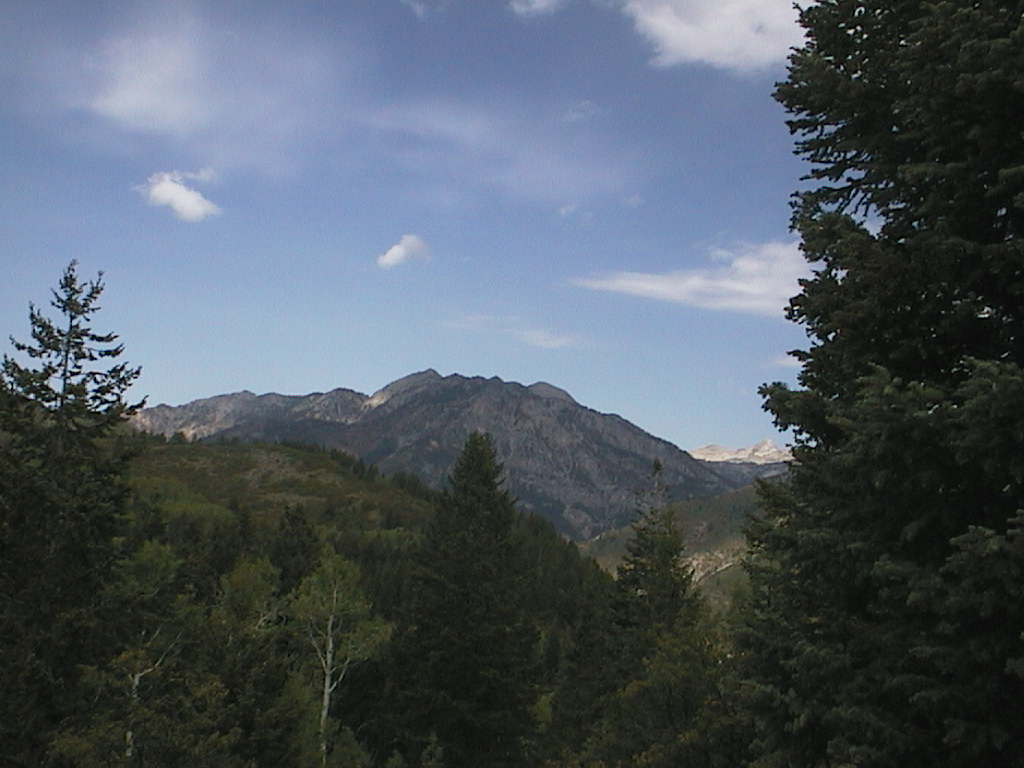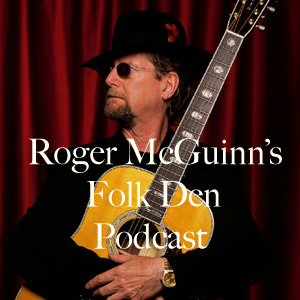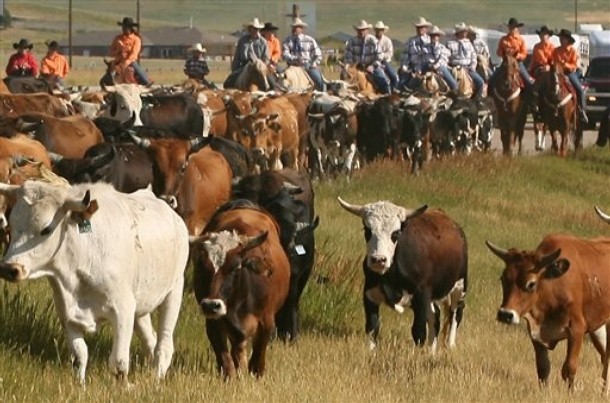I respectfully submit this song for the Folk Den, in honor of all Americans, in the face of this great tragedy.
Among the famous [C] palaces and [D] cities of [G] renown
To [Am] admire the crumbly [D] castles and the [G] statues of the [Em] kings, —
But [C] now I think I’ve had enough of [D] antiquated [D] things.
So it’s [Am] home again, and home [D] again, [G] America for [Em] me!
My [C] heart is turning [D] home again, and there I long to [G] be
In the [Am] land of youth and [D] freedom [G] beyond the ocean [Em] bars
Where the [C] air is full of [D] sunlight and the flag is full of [G] stars!
Oh London is a man’s town, there’s power in the air
And Paris is a woman’s town, with flowers in her hair;
And it’s sweet to dream in Venice, and it’s great to study Rome;
But when it comes to living there is no place like home.
I like the German fir-woods, in green battalions drilled
I like the gardens of Versailles with flashing fountains filled;
But, oh, to take your hand, my dear, and ramble for a day
In the friendly western woodland where Nature has her way!
I know that Europe’s wonderful, yet something seems to lack:
The Past is too much with her, and the people looking back.
But the glory of the Present is to make the Future free, —
We love our land for what she is and what she is to be.
Oh, it’s home again, and home again, America for me!
I want a ship that’s westward bound to plough the rolling sea,
To the blessed Land of Room Enough beyond the ocean bars,
Where the air is full of sunlight and the flag is full of stars!
~Words by Henry Van Dyke / Music by Roger McGuinn~
� 1981 McGuinn Music / Roger McGuinn








